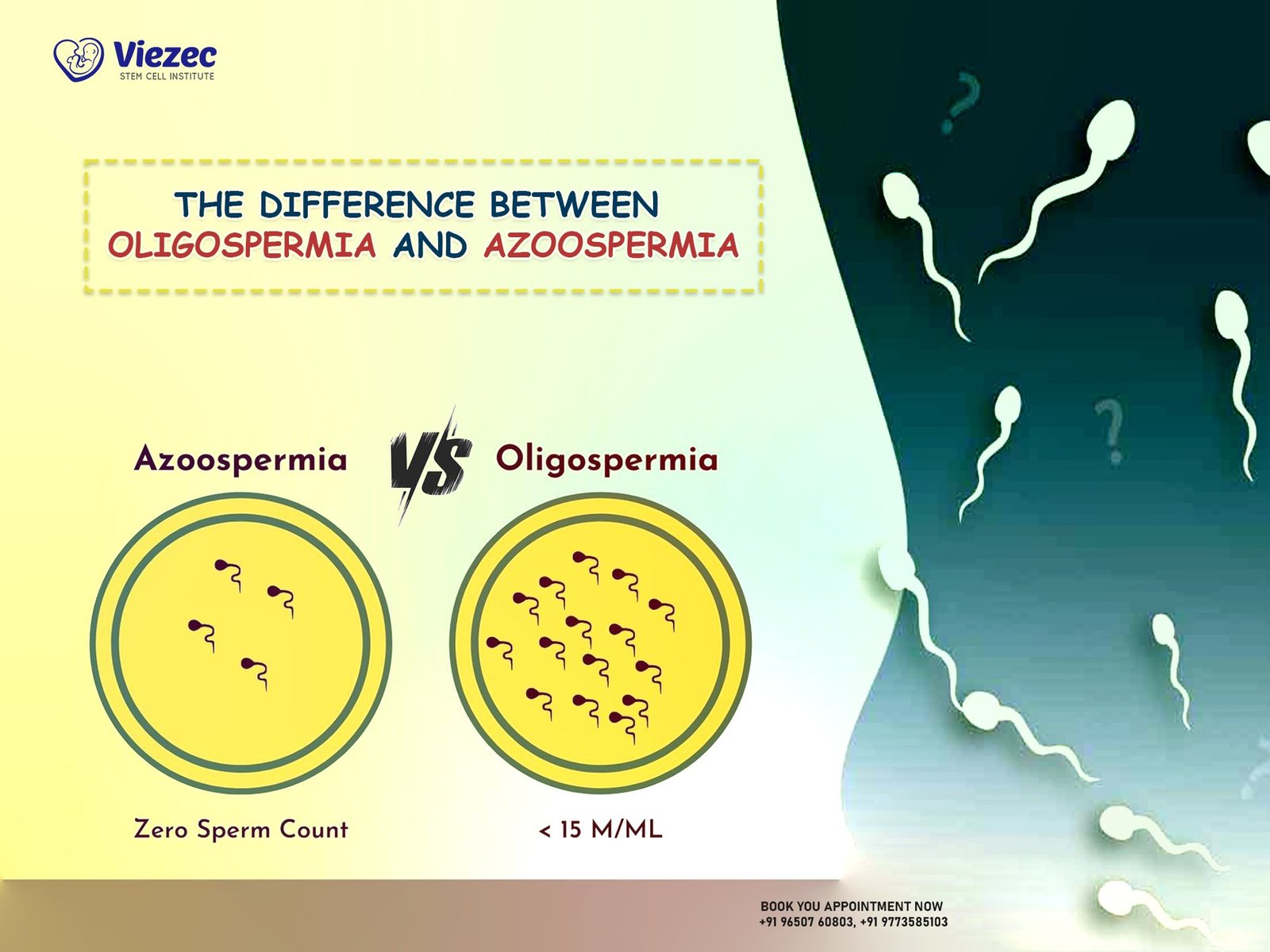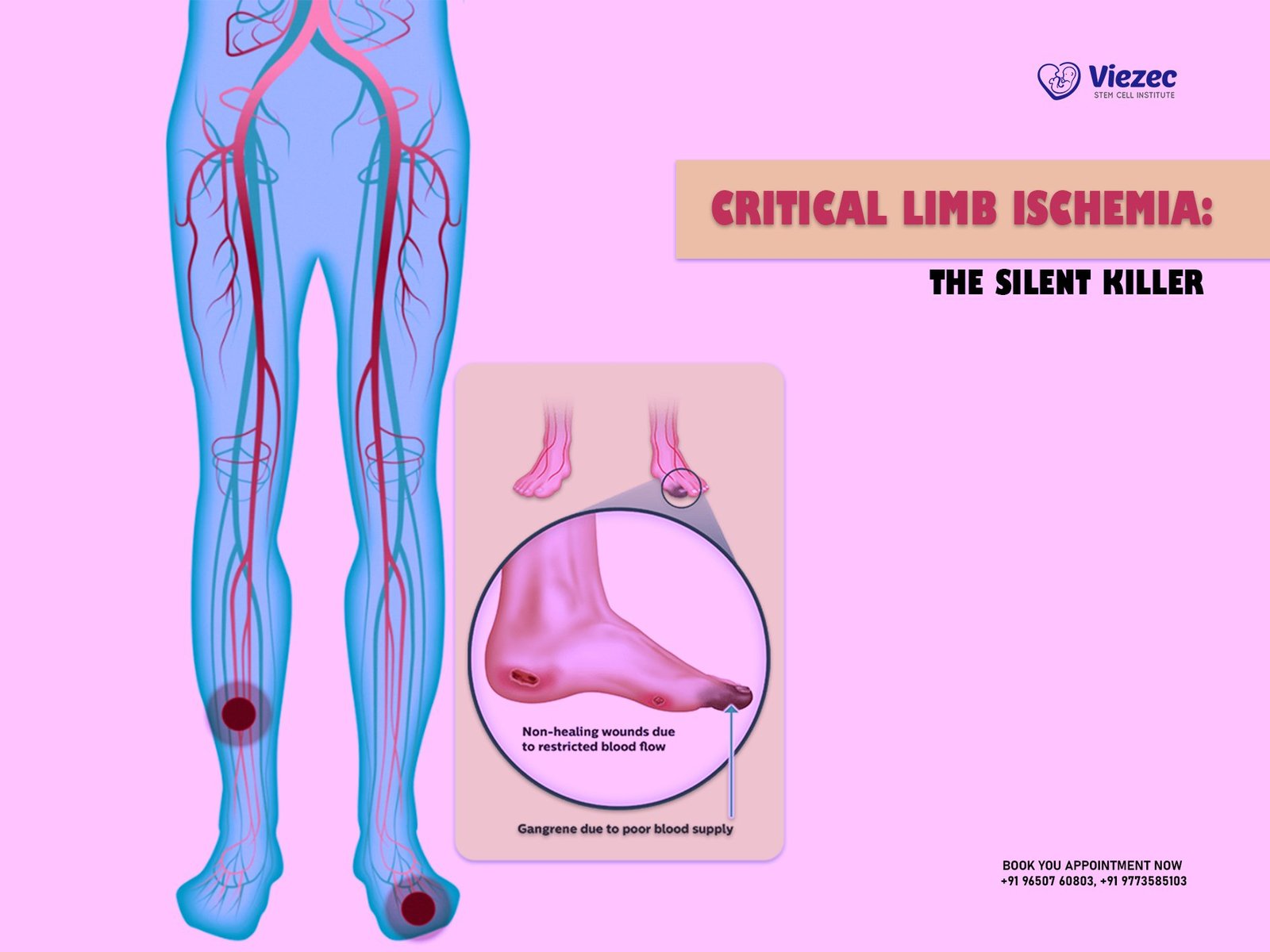Amyotrophic Lateral Sclerosis (ALS), also known as Lou Gehrig’s disease, is a progressive neurodegenerative disorder affecting nerve cells in the brain and spinal cord. It leads to the degeneration and death of motor neurons, resulting in muscle weakness, paralysis, and ultimately, respiratory failure.
Importance of Early Diagnosis and Treatment
Early diagnosis is crucial in ALS as it allows for timely intervention and management strategies to improve quality of life and potentially slow disease progression. However, diagnosing ALS can be challenging due to its heterogeneous presentation and the absence of specific diagnostic tests.
Diagnostic Methods for ALS
Clinical Assessment and Symptom Evaluation
Diagnosis often begins with a comprehensive clinical assessment, including a detailed medical history and physical examination to identify symptoms such as muscle weakness, muscle atrophy, and spasticity.
Electromyography (EMG) and Nerve Conduction Studies
EMG and nerve conduction studies are commonly used to assess electrical activity in muscles and the function of peripheral nerves, aiding in the diagnosis of ALS by detecting abnormalities indicative of motor neuron degeneration.
Magnetic Resonance Imaging (MRI) and Computerized Tomography (CT) Scans
Imaging techniques like MRI and CT scans may be utilized to rule out other conditions mimicking ALS and to assess structural changes in the brain and spinal cord associated with the disease.
Lumbar Puncture and Cerebrospinal Fluid Analysis
In some cases, a lumbar puncture and analysis of cerebrospinal fluid may be performed to exclude alternative diagnoses and evaluate for biomarkers associated with ALS pathology.
Stem Cell Therapy: An Emerging Approach
Introduction to Stem Cells and Their Potential in ALS Treatment
Stem cells hold immense promise in ALS therapy due to their ability to differentiate into various cell types and their potential to repair damaged tissues, modulate immune responses, and promote neuroprotection and regeneration.
Types of Stem Cells Used in ALS Therapy
Several types of stem cells have been investigated for their therapeutic potential in ALS, including mesenchymal stem cells (MSCs) derived from bone marrow or adipose tissue, and neural stem cells (NSCs) derived from fetal or adult neural tissues.
Mechanisms of Action: How Stem Cells Can Target ALS Pathology
Stem cells exert their effects through various mechanisms, including secretion of neurotrophic factors, modulation of inflammatory responses, and promotion of cell survival and differentiation, thereby addressing multiple aspects of ALS pathology.
Stem Cell Therapy: Diagnostic Considerations
Patient Selection Criteria for Stem Cell Therapy
Careful patient selection is crucial in determining the suitability for stem cell therapy, considering factors such as disease stage, rate of progression, comorbidities, and overall health status.
Pre-treatment Assessments and Screening Procedures
Prior to initiating stem cell therapy, patients undergo thorough assessments, including medical history review, physical examination, laboratory tests, and imaging studies, to ensure safety and efficacy.
Risks and Benefits of Stem Cell Therapy in ALS
While stem cell therapy offers potential benefits in ALS treatment, including symptom relief and disease stabilization, it also carries risks such as immune rejection, tumor formation, and unforeseen adverse effects, necessitating careful risk-benefit assessment and monitoring.
Stem Cell Treatment Procedures
Harvesting and Isolation of Stem Cells
Stem cells are typically harvested from the patient’s own tissues or from donor sources, followed by isolation and purification processes to obtain a concentrated cell population for transplantation.
Administration Routes: Intrathecal vs. Intravenous Delivery
Stem cells can be administered via various routes, including intrathecal injection directly into the cerebrospinal fluid or intravenous infusion into the bloodstream, with each approach offering distinct advantages and challenges.
Treatment Schedule and Follow-up Protocols
The treatment schedule and follow-up protocols for stem cell therapy in ALS may vary depending on the specific cell type, dosage, and route of administration, with regular monitoring for efficacy, safety, and disease progression.
Efficacy and Safety of Stem Cell Therapy in ALS
Clinical Trials and Research Findings
Numerous preclinical studies and clinical trials have evaluated the efficacy and safety of stem cell therapy in ALS, with some demonstrating promising results in terms of functional improvement, disease stabilization, and survival prolongation.
Assessment of Functional Improvement and Disease Progression
Outcome measures in ALS clinical trials include assessments of motor function, respiratory function, quality of life, and survival rates, providing insights into the therapeutic efficacy of stem cell interventions.
Monitoring for Adverse Effects and Complications
Close monitoring for adverse effects and complications is essential during and after stem cell therapy, with particular attention to immune reactions, graft rejection, infection risks, and tumor formation.
Integrative Approaches: Combining Stem Cell Therapy with Conventional Treatments
Role of Stem Cells in Complementary ALS Therapies
Stem cell therapy may complement conventional ALS treatments, such as medications targeting symptom management, respiratory support, nutritional interventions, and physical and occupational therapy, to optimize patient outcomes and quality of life.
Potential Synergies and Challenges in Combined Treatment Approaches
Integrating stem cell therapy with existing ALS treatments offers the potential for synergistic effects and enhanced therapeutic outcomes but also poses challenges related to treatment coordination, timing, and personalized care.
Patient Perspectives and Ethical Considerations
Patient Experiences with Stem Cell Therapy for ALS
Insights from ALS patients undergoing stem cell therapy provide valuable perspectives on treatment outcomes, expectations, challenges, and decision-making processes, highlighting the importance of patient-centered care and shared decision-making.
Ethical Concerns Surrounding Stem Cell Research and Treatment
Ethical considerations in ALS stem cell research and treatment include issues related to informed consent, patient autonomy, safety, efficacy, equitable access, regulatory oversight, and the responsible translation of scientific advancements into clinical practice.
Informed Consent and Shared Decision-making in ALS Care
Informed consent processes ensure that patients are adequately informed about the risks, benefits, and alternatives of stem cell therapy, empowering them to make autonomous decisions aligned with their values, preferences, and treatment goals.
Regulatory Landscape and Accessibility
Regulatory Approval Process for Stem Cell Therapies
The regulatory approval process for stem cell therapies in ALS involves rigorous preclinical testing, clinical trial phases, and regulatory review by health authorities to ensure safety, efficacy, and quality standards are met before market authorization.
Challenges in Accessing Stem Cell Treatment for ALS Patients
Despite advances in stem cell research, accessibility to stem cell therapy remains limited for many ALS patients due to factors such as cost, availability of specialized centers, insurance coverage, regulatory barriers, and ethical considerations.
Health Insurance Coverage and Financial Considerations
Health insurance coverage for stem cell therapy in ALS varies depending on geographical location, healthcare system, insurance provider policies, and reimbursement criteria, posing financial burdens and disparities in access to innovative treatments.
Research and Innovations
Current Areas of Focus in ALS Stem Cell Research
Ongoing research efforts in ALS stem cell therapy focus on enhancing cell survival and engraftment, optimizing delivery methods, identifying biomarkers for patient stratification, exploring combination therapies, and addressing immunological challenges to improve treatment outcomes.
Emerging Technologies and Experimental Therapies
Advances in stem cell technology, gene editing techniques, and biomaterial engineering offer promising avenues for developing novel stem cell-based therapies and regenerative medicine approaches for ALS, expanding treatment options and improving patient care.
Collaborative Efforts and Global Initiatives in ALS Research
Collaborative research networks, consortia, and global initiatives bring together multidisciplinary expertise, resources, and funding to accelerate ALS research, facilitate knowledge sharing, and foster international collaboration in pursuit of effective treatments and a cure.
Patient Support and Advocacy
Role of ALS Associations and Support Groups
ALS associations, advocacy organizations, and support groups play a vital role in providing education, resources, emotional support, and advocacy for ALS patients, caregivers, and families, empowering them to navigate the challenges of living with the disease.
Advocacy Efforts for Increased Research Funding and Awareness
Advocacy efforts aim to raise awareness about ALS, promote research funding, advance public policy initiatives, and improve healthcare infrastructure and access to innovative treatments, driving progress towards better outcomes and quality of life for ALS patients.
Resources for Patients and Caregivers Facing ALS
A wide range of resources, including educational materials, support services, financial assistance programs, and online communities, are available to support ALS patients and caregivers in managing symptoms, accessing care, and enhancing overall well-being.
Clinical Guidelines and Best Practices
Clinical Practice Guidelines for ALS Diagnosis and Management
Clinical practice guidelines provide evidence-based recommendations for the diagnosis, treatment, and management of ALS, guiding healthcare professionals in delivering standardized, multidisciplinary care to optimize patient outcomes and quality of life.
Standardized Protocols for Stem Cell Therapy Administration
Standardized protocols and best practices for stem cell therapy administration ensure consistency, safety, and quality control in clinical settings, incorporating guidelines for patient selection, treatment procedures, monitoring, and follow-up care.
Multidisciplinary Care Models for Optimal Patient Outcomes
Multidisciplinary care models involving neurologists, rehabilitation specialists, respiratory therapists, nutritionists, social workers, and palliative care teams are essential in providing comprehensive, coordinated care to address the complex needs of ALS patients throughout the disease course.
Personalized Medicine Approaches
Individualized Treatment Strategies Based on Patient Characteristics
Personalized medicine approaches in ALS aim to tailor treatment strategies to individual patient characteristics, including genetic profiles, disease phenotype, biomarker status, and response to therapy, optimizing therapeutic efficacy and minimizing adverse effects.
Genetic Testing and Biomarker Identification in ALS
Genetic testing and biomarker identification play a crucial role in personalized medicine for ALS, enabling risk stratification, prognostication, treatment selection, and monitoring of disease progression and treatment response.
Tailoring Stem Cell Therapy to Patient-Specific Needs
Customized stem cell therapy protocols may be developed based on patient-specific factors, such as disease severity, progression rate, site of pathology, and immune status, to optimize therapeutic outcomes and minimize risks.
Long-term Outcomes and Prognosis
Longitudinal Studies on the Effects of Stem Cell Therapy in ALS
Long-term follow-up studies are essential for evaluating the durability and safety of stem cell therapy in ALS, assessing functional outcomes, disease progression, survival rates, and quality of life over extended periods.
Factors Influencing Disease Progression and Survival Rates
Various factors, including age at onset, disease phenotype, genetic mutations, respiratory function, nutritional status, and comorbidities, influence disease progression and prognosis in ALS, highlighting the complexity of individual patient trajectories.
Quality of Life Considerations in Long-term ALS Management
Improving quality of life and addressing palliative care needs are integral components of long-term ALS management, encompassing symptom management, psychosocial support, advance care planning, and end-of-life care preferences.
Collaborative Efforts and Future Directions
Importance of Multidisciplinary Collaboration in ALS Research and Treatment
Collaboration among researchers, clinicians, industry partners, patient advocates, and policymakers is essential for advancing ALS research, accelerating translation of scientific discoveries into clinical therapies, and improving standards of care for ALS patients worldwide.
Potential for Stem Cell Therapy to Transform ALS Care
Stem cell therapy holds significant promise as a transformative approach in ALS treatment, offering the potential to halt disease progression, restore lost motor function, and enhance quality of life for patients living with this devastating neurological disorder.
Research and Clinical Innovation in ALS Stem Cell Therapy
Future research directions in ALS stem cell therapy focus on addressing key challenges, such as optimizing cell sources and delivery methods, enhancing cell survival and integration, mitigating immune responses, identifying biomarkers, and advancing personalized treatment approaches, to realize the full therapeutic potential of stem cells in ALS care.
Stem cell therapy represents a promising frontier in the management of ALS, offering hope for improved outcomes and quality of life for patients facing this devastating disease. Through continued research, innovation, collaboration, and patient-centered care, the potential for stem cell therapy to transform ALS care and ultimately find a cure remains within reach.











